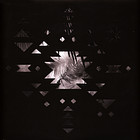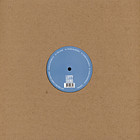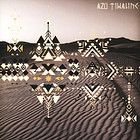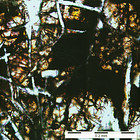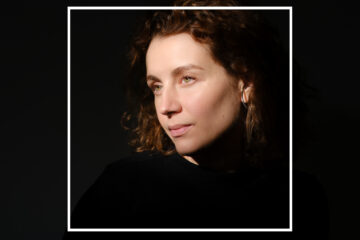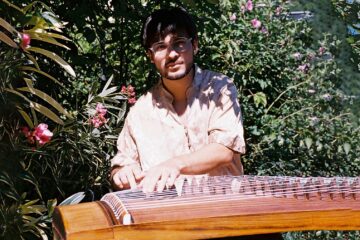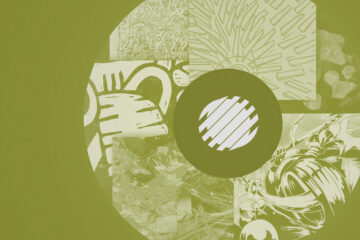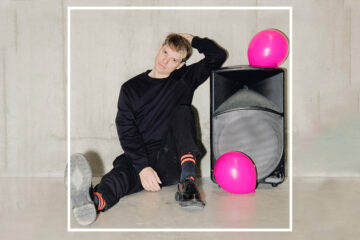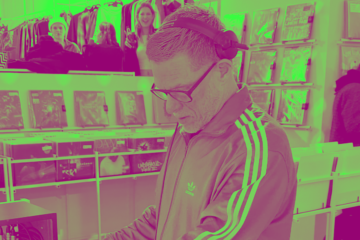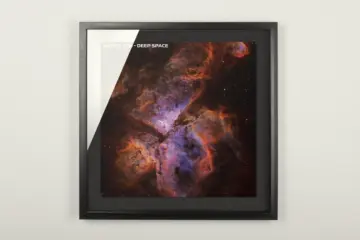The international DJ jet set—only briefly interrupted by a two-year COVID break—has grown to unexpected proportions over the past decade. In the slipstream of EDM’s huge success, techno and house, even in their formerly underground niches, have become big business for DJs, producers and live acts: Anyone who is part of the scene, or wants to give the impression of belonging to it, is touring the world, flying from Amsterdam to the Adriatic, from a festival near Cairo to one in London, Stockholm, Ibiza, Berlin and back again. The new madness.
Related reviews
Or you do it like the Tunisian Azu Tiwaline. The daughter of an Amazigh woman and a Cambodian man, she grew up in the Ivory Coast and moved to France at the age of 14, where she took her first steps in electronic music. But Tiwaline soon realised that her heart belonged to the desert. »It was clear to me that I wasn’t a city person,« she quotes from her statement from a couple of years ago. Instead, she moved to the shores of Chott El Djerid, a salt lake located in south-western Tunisia, where Tiwaline says the desert begins. »I look after my well-being, my relationship with nature,« she explains in an interview. Civilization always brings distraction and noise, the desert offers contemplation.
She did not choose Chott El Djerid by chance: it was once the home of her family. Tiwaline, who now calls herself Tamzigh, sees herself in the line of her nomadic Amazigh ancestors and feels most at home here, where it is hot, remote, harsh and quiet: »I’m addicted to the desert!«
The silence between the notes
She has converted an old bus into a studio. This is where she creates the music that has been attracting more and more attention over the last four years. It is pure electronic music with a strong emphasis on percussion, always emanating from a (poly)rhythmic structure. Sometimes it is rather ambient, concentrated, with heavy limbs fighting against the weather; other times, the music is more concerned with achieving such a high degree of minimalism that you can »make the silence between the notes audible«. Elsewhere, technoid (proto-)industrial sounds etch themselves into the dance floor with an almost psychedelic quality, resembling ritually achieved ecstasy.
»I’m addicted to the desert!«
Azu Tiwaline
The music is never random. Of course, she always pays attention to where she is: »At Berghain«—where she now plays regularly—»I play music that matches the venue. There I concentrate on tribal moments and drum-heavy tracks. It’s still my music, but one that connects with the people there.« It should be noted that Tiwaline has only a lukewarm interest in compromising with the demands of the music circus. This includes living in France for a certain period of the year, in order to play all her gigs from there, and then spending the rest of the time in the silence of the desert. Here you learn to improvise, to listen carefully, and also to practice abstinence—there is no natural water source for miles around—so it also trains your senses.
When asked about the conflict between the futurism of techno and the traditional roots of her music, she vehemently disagrees: «In the western world, it’s called traditional when you play non-western music. But it’s not old music, it’s not music of a past tradition—the drum sounds I use are contemporary sounds in Tunisia. They are popular today, but they are ignored or overlooked in Europe.«


